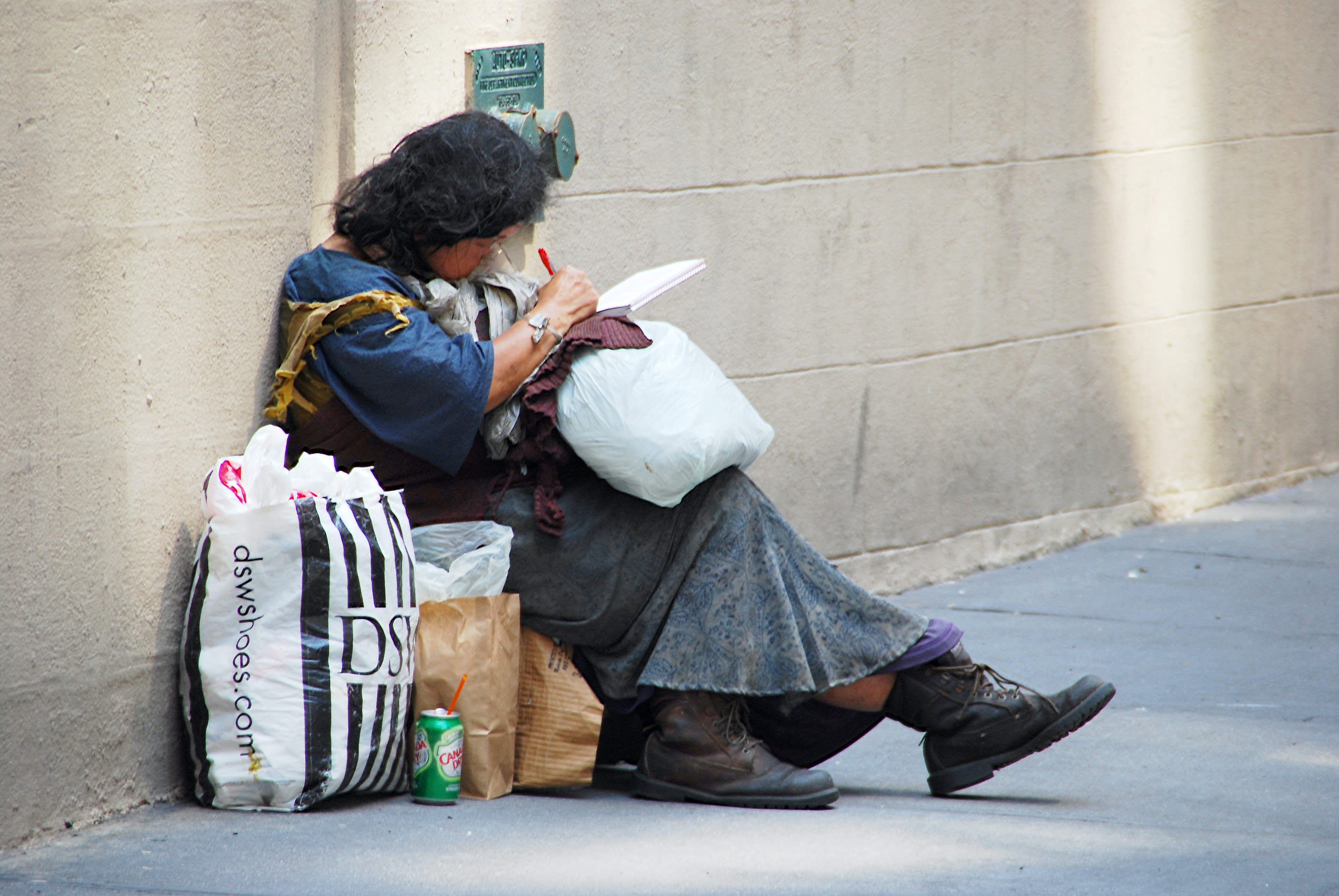 Different Benchmarks of success for the Outreach Program
Different Benchmarks of success for the Outreach Program
In today’s society, we are often driven by benchmarks or goals in our places of work: visible signals of success such as raises, promotions and title changes or milestones like significant increases in productivity or meeting a new sales goal. These hefty standards drive the workforce, especially in the corporate sphere. To many, these markers feel like signs of worth. But in the nonprofit world, and especially at The Well Community, we measure success a little differently.
For example, our Outreach Program staff frequently do not even learn a participant’s real name until their third or fourth interaction with that person—and even then, they are sometimes unsure. Many of our homeless neighbors are used to being taken advantage of by others and are very slow to trust, which means that building rapport is a central part of the Outreach Program.
However, even though progress can be slow, we do see signs that we are meeting practical needs. Below are two benchmarks of success from our first few months of dedicated outreach work.
Assisting With Housing Needs
While our Outreach Program staff were interacting with people at the MLK Dart Station, they noticed a young man with a backpack, though they didn’t engage him as they didn’t think he was homeless. After a minute, he walked over to the pair and asked what they were doing. They explained that they were The Well Community’s Outreach Team, and he told them about his situation.
The man had moved to Dallas from Michigan with a housing voucher; but his Michigan caseworker had failed to port over the information, and he had been waiting for months, homeless in Dallas that entire time. The Outreach Team was able to contact his case manager and have the voucher sent within the week. “It is very rare for a person to be as forthcoming as he was on an initial meeting, so we were pleasantly surprised!” one of these workers recalls. “He is now happily apartment hunting in Garland! This was a benchmark of success because we were able to facilitate a person in need to find housing in partnership with other agencies.”
Connecting Organizations and Resources
We have also seen benchmarks of success as we’ve linked people with resources within our own community. For instance, our Outreach Team was able to connect with a woman who serves with Tyler Street Community Service Outreach (CSO) and assist one of her clients—an older man who has been experiencing homelessness for many years—in ways she could not. This man was not a citizen and had lost all his paperwork during his time on the streets; and the Tyler Street CSO worker was limited in how she could help as was not able to provide transportation.
The Well’s Outreach Team was able to take this man to the Stewpot (a local homeless services organization) to begin the process of getting his paperwork to get an ID, restart his SNAP benefits and connect him to Catholic Charities to begin the citizenship process. Though his journey is far from over, he has made leaps and bounds over the past few months. A member of our team shared, “We hope that once his paperwork is complete, he will be a perfect candidate for permanent supportive housing. We found success both in his progress and in the power of local nonprofits working together.”
Seeing Small Successes
Addressing mental health needs and homelessness is not a fast or easy process. Instead, we rely on small indicators such as building rapport, earning trust, identifying community resources and handing out snacks and drinks to reassure us that we are heading in the right direction. As Anita Green, our Outreach Manager, loves to say, we’re impacting Oak Cliff “one juice box at a time.”
In February 2021, The Well Community began its Outreach Program, an initiative that enables The Well to connect with people in the Dallas area who are experiencing homelessness. Through this program, The Well seeks to build relationships with homeless neighbors and serve them through offering food, referrals to local services and assistance in accessing mental health care, all with the bigger goal of meeting those living with mental illnesses where they are and getting them connected with the community found at The Well.
You can help provide items for the Outreach Program. Click here to learn more.
